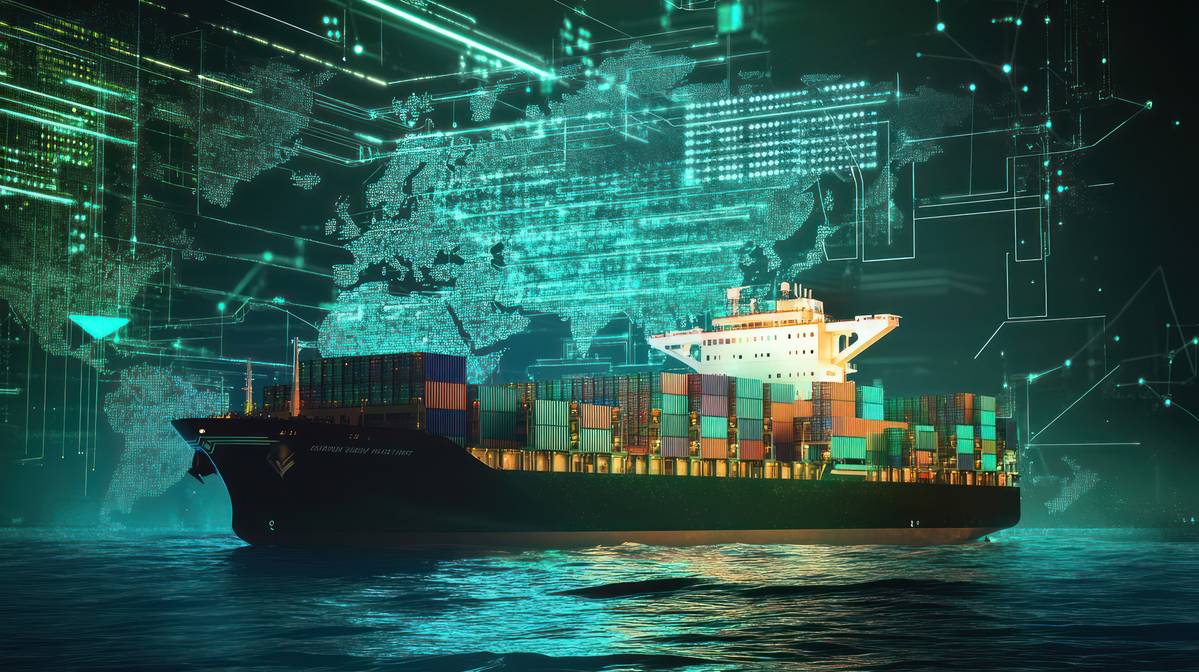Navigating the Future: Enhancing Green Shipping Corridors with Strategic Support
Key Ideas
- The report by UMAS, UCL, and the Global Maritime Forum discusses the challenges and potential of green shipping corridors focusing on sustainable fuels like hydrogen-derived e-ammonia and e-methanol.
- Current and future regulations from entities like the IMO, EU, and US are expected to improve the business case for green shipping corridors, but targeted support will be crucial to bridge the cost gap for e-fuels.
- 62 green shipping corridor initiatives have been announced, and supporting these projects can significantly advance the use of sustainable fuels and decarbonization efforts in the shipping industry.
- The report emphasizes the need for strategic partnerships, long-term commitments, and innovative mechanisms like Contracts for Difference and e-fuel auctions to ensure the viability and success of green shipping corridor projects.
The report titled ‘Building a Business Case for Green Shipping Corridors’ by UMAS, UCL, and the Global Maritime Forum delves into the challenges and opportunities surrounding green shipping corridors that focus on scalable and sustainable fuels such as hydrogen-derived e-ammonia and e-methanol. It highlights the significant commercial hurdles these projects face due to cost gaps and discusses how future regulations from bodies like the IMO, EU, and US could enhance the business case. While regulations are expected to reduce costs for green shipping corridors, targeted support will be necessary to make e-fuels more competitive and ensure their uptake. The report underscores the importance of regulation in enabling the shipping industry's energy transition and the role of policies like the IMO’s global fuel standard, the EU’s Emissions Trading System, and the US Inflation Reduction Act. It also explores the potential opportunities for green shipping corridors in different shipping sectors and suggests that biofuels and blue ammonia are short-term cost-effective options, with e-ammonia becoming more competitive over time. Supporting the early mover projects among the 62 announced green shipping corridors could lead to significant advancements in sustainable fuel production and decarbonization efforts in the industry. The report recommends actionable solutions for stakeholders, emphasizing the need for adapted business models, long-term commitments, and strategic partnerships to de-risk investments and drive e-fuel adoption. However, without targeted measures like Contracts for Difference, e-fuel auctions, or economic support through levies, the business case for green shipping corridors may remain challenging. The report calls for policymakers to deliver targeted support for e-fuels to ensure the success of these initiatives.
Topics
Policy
Maritime
Sustainability
Investment
Energy Transition
Shipping Industry
Regulation
Sustainable Fuels
Business Models
Latest News
